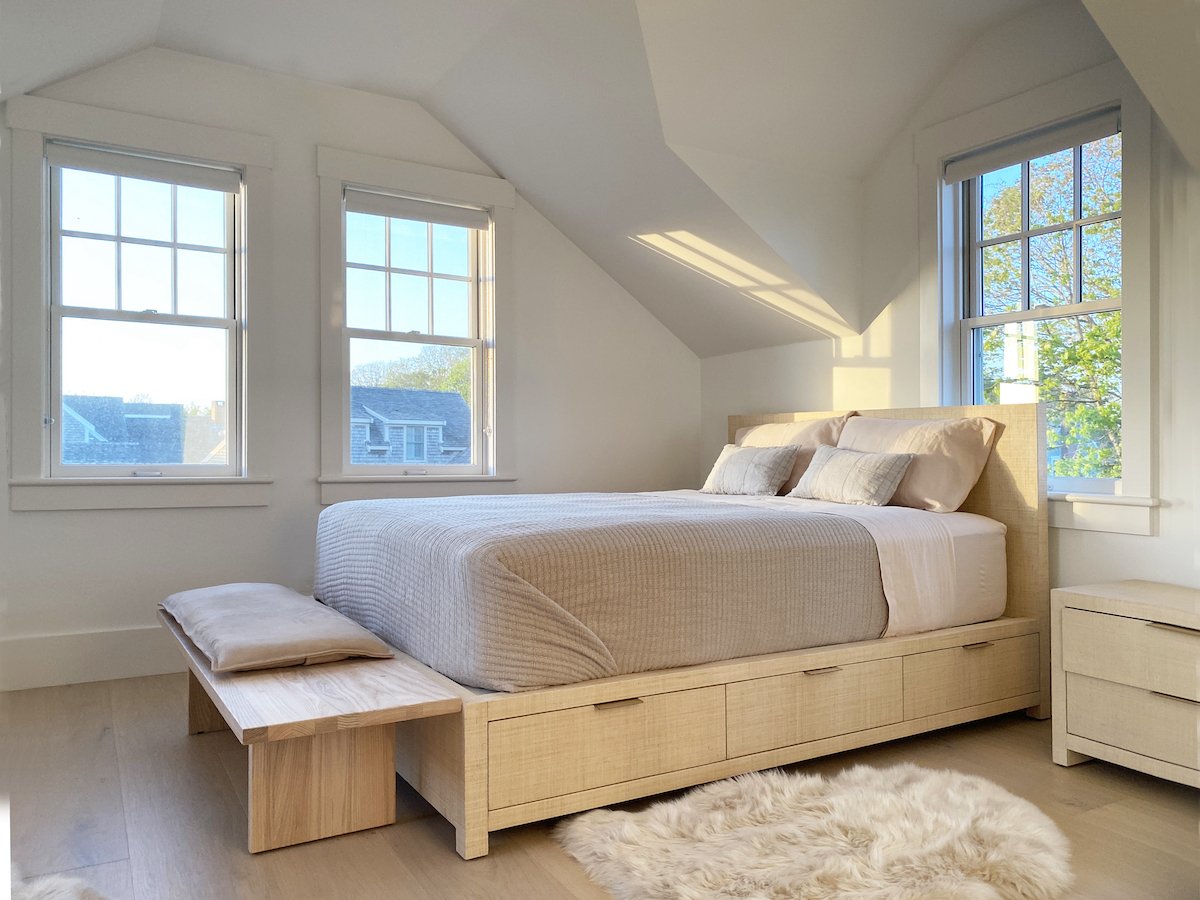Photo by Patrick Perkins on Unsplash
How can I apply feng shui principles to a studio apartment when I work from home?
I live in New York City where homes tend to be quite compact and I’ve also lived in many studio apartments, so I definitely have some suggestions to share! First, I want to point out that it’s an American sentiment to feel like we need to have large homes. There are people all over the world who live in smaller spaces, so I would first encourage you not to make judgments about having a small space. Instead, do your best with what you have and know that everything is workable.
In the case of a very small home like a studio apartment, one of the challenges is having a space that serves many different functions. You may have one room that is used for sleeping, dining, cooking, working, entertaining, and more. At the beginning of the pandemic, I taught a lot of classes and workshops about setting up a work-from-home space with feng shui. One of the most common pieces of feedback I heard during this time from people who had been working from another location is that they weren’t equipped to have work-life balance when they were suddenly forced to work from home.
This says a lot about the challenges of a small space. When you live in a studio apartment or a small home where everything is multifunctional, you have to acknowledge that you may not have the same physical boundaries that you would have in a larger home. Physical boundaries like doors, walls, and separate rooms make it a lot easier to set up different areas for different parts of our lives.
The idea in feng shui is that if you’re working in your studio apartment and looking at your kitchen all the time, that might tell you that you get hungry all the time. If you’re looking at your bed while you’re working, you might feel sleepy or have a hard time staying alert and focused. Alternatively, if you have a view of your desk while you’re lying in bed, it can be harder to fully rest when you’re trying to sleep.
When you don’t have the physical boundaries that might be present in a bigger home, it’s helpful to create energetic boundaries. One great way to do this is through ritual. For example, if your work-from-home desk is in the same space as your bed, create a ritual that helps you establish some separation between your work life and your personal life. My recommendation is to shut down your computer when you’re done working for the day. This turns off your energetic connection to work, and on a practical level, it makes it much harder to hop back on the computer and start working again. This ritual only takes a couple of minutes at the end of the day, but it can make a big difference. You can also put your computer away in a drawer if it’s a laptop, or cover it with a beautiful fabric so that you’re not looking at your work computer during your off hours.
Similarly, a lot of people work from their dining room table, which represents friends, family, and community. It’s totally okay to use your dining room table as a desk, especially if that’s all you have, but I would recommend creating rituals to begin and end your work day. During office hours, make your table into a proper desk rather than having your work supplies intermingled with your dishes. Have a daily ritual where you put away your breakfast dishes before starting work, and create a desk setup when it’s time to get started. This could include a desk blotter, a light, a special notebook, or maybe a special coffee mug that you only use while you’re working. When your work day is done, close your computer and put your work supplies away. This allows you to have a functional work-from-home space as well as a dedicated area to gather and share meals with friends and family.
Lastly, whether your work-from-home desk is a coffee table, a dining table, or an actual desk, make sure you’re in the command position while you’re working. If you want to learn more about feng shui and creating a healing living space, my new book Mindful Homes is now available for pre-order!
If you’d like to learn more about feng shui, check out Mindful Design Feng Shui School at: www.mindfuldesignschool.com






